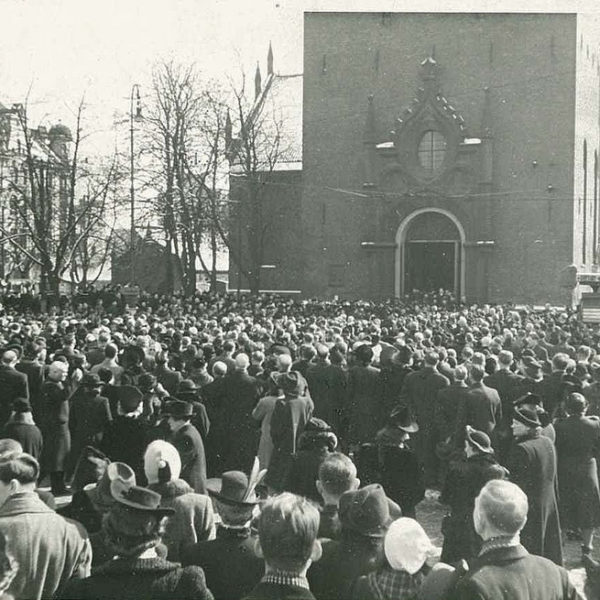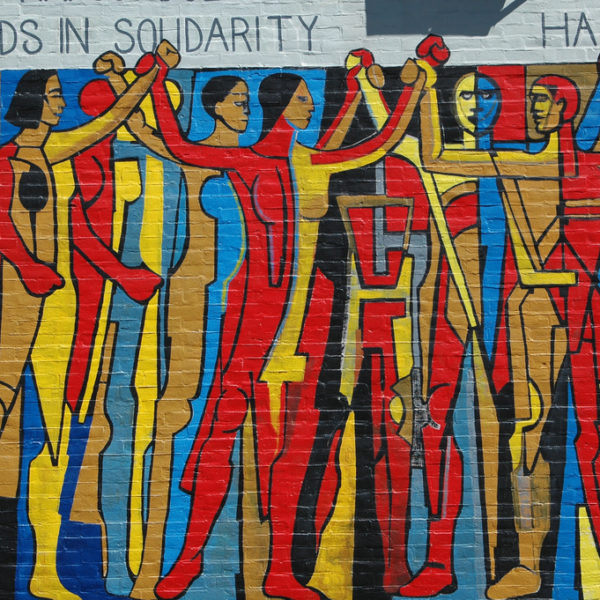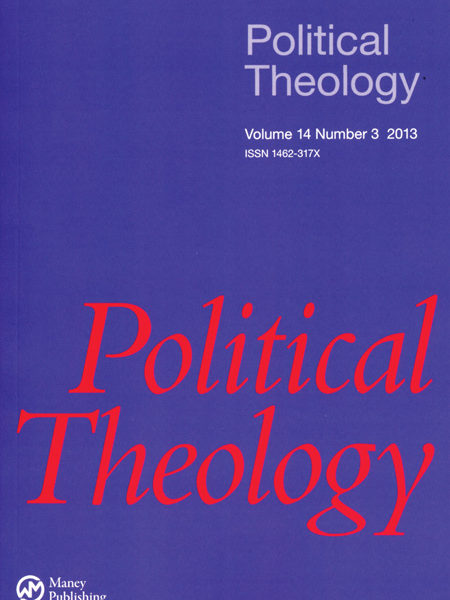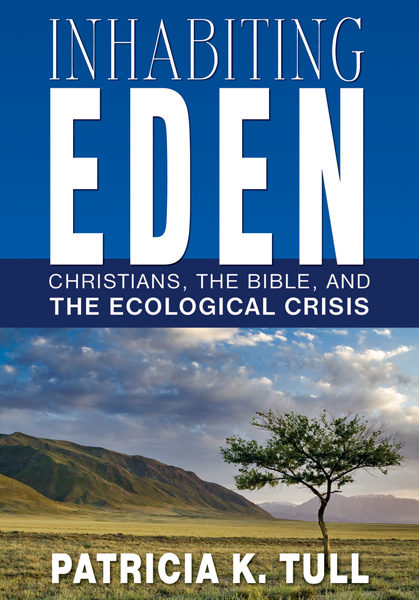
…My list focuses on the other conversation, religious voices or theologians, whether practical or professional, immersed in the concrete or engaged in theorizing. My aim is to suggest the kind of reconciling work that Vincent calls for between theology and critical humanities. Such a move makes profound sense to me—emerging as it does out of the tensions within my own biography.

The January 2014 (15.1) issue of Political Theology focuses on the theme of solidarity. The issue begins with an editorial by Peter Henriot SJ, of the Jesuit Centre for Theological Reflection, Zambia, which describes some of the ground-breaking development work that is being accomplished across Southern Africa through centres for Catholic social thought. In these centres, insights from the Christian social tradition are brought to life through education and empowerment and placed at the service of justice and peace work and social transformation.

If an academic field is defined in part by its canon, wide divergence on canon would suggest that what appears to be a field might not really be one. In the case of political theology, there seems to be this sort of incoherence: an anthropologist writing an article about political theology may never have heard of Dorothee Sölle, while a seminary professor writing an article about political theology might never have heard of Claude Lefort.

In collaboration with the Voice and Voicelessness Project, UNISA, the Transatlantic Roundtable on Religion and Race will be sponsoring a conference, July 10-16, 2014, in Praetoria, South Africa, investigating “Social Struggle and Faith-Based Activism in ‘Black Empowerment’ Times.”

The International Research Network on Religion and Democracy (IRNRD) is hosting its sixth annual conference next week (Dec. 11-13) in Beirut, Lebanon, in partnership with Faculty of Law and Political Science at Notre Dame University Louaize (NDU) & The Council for Research in Values and Philosophy (CRVP).





